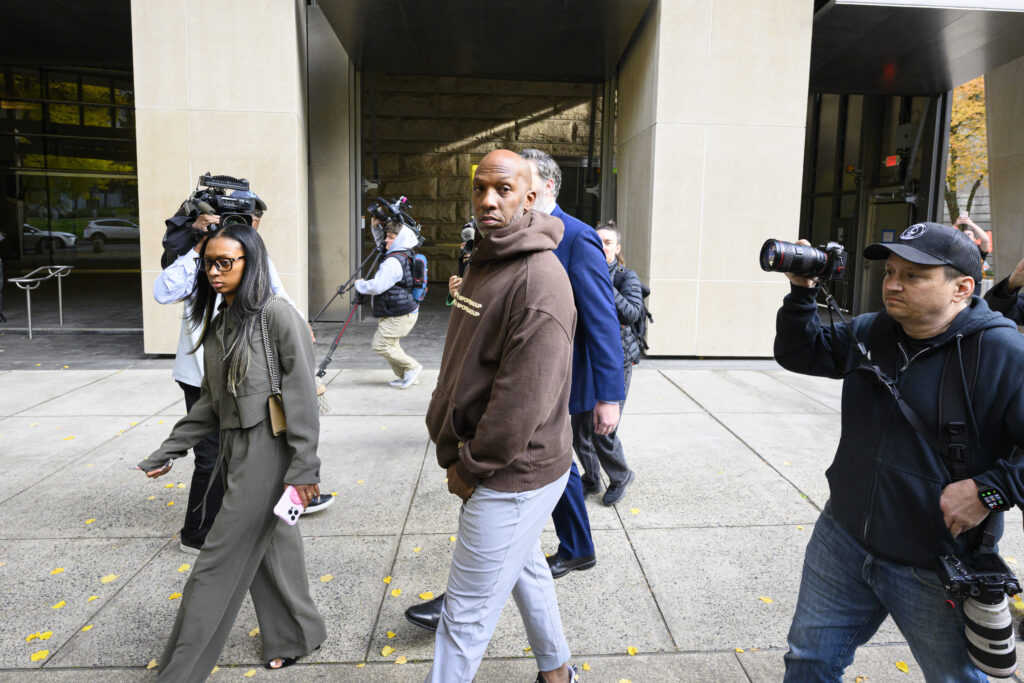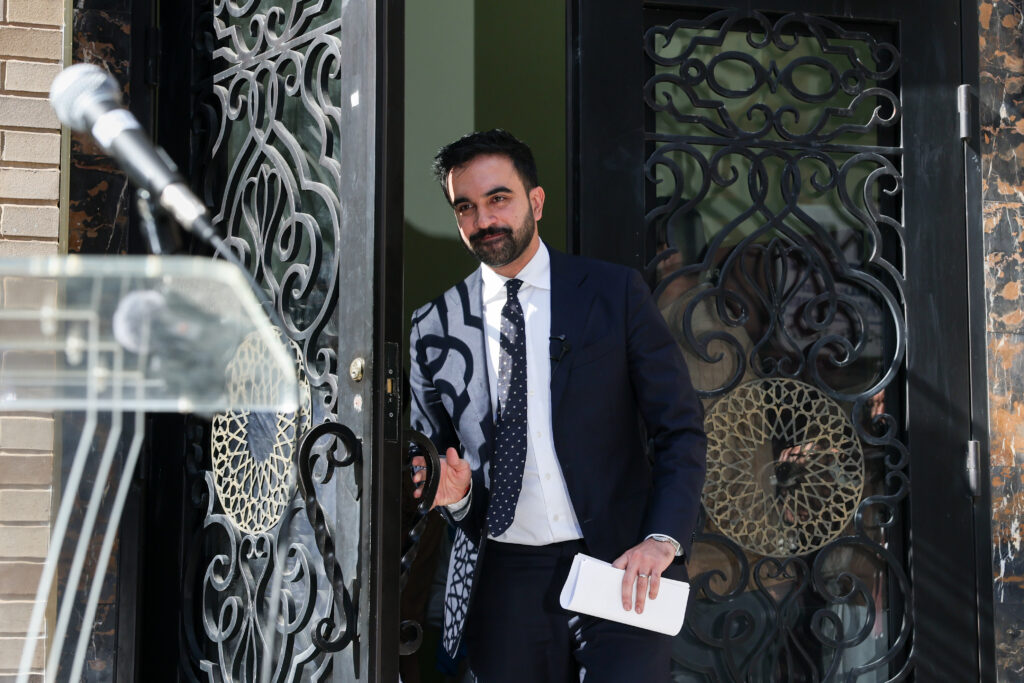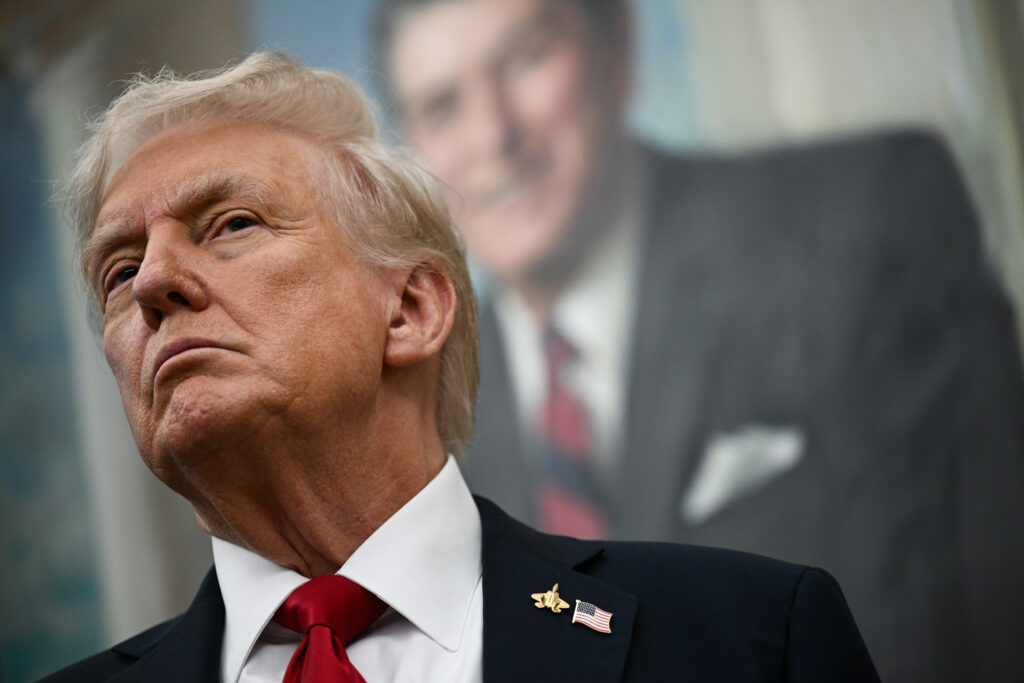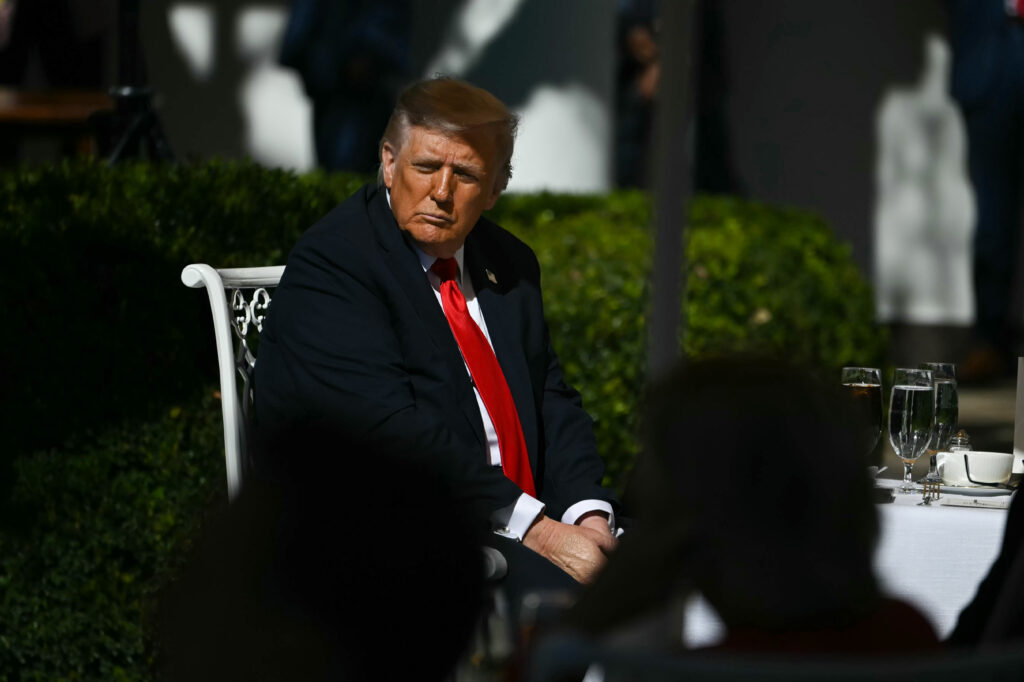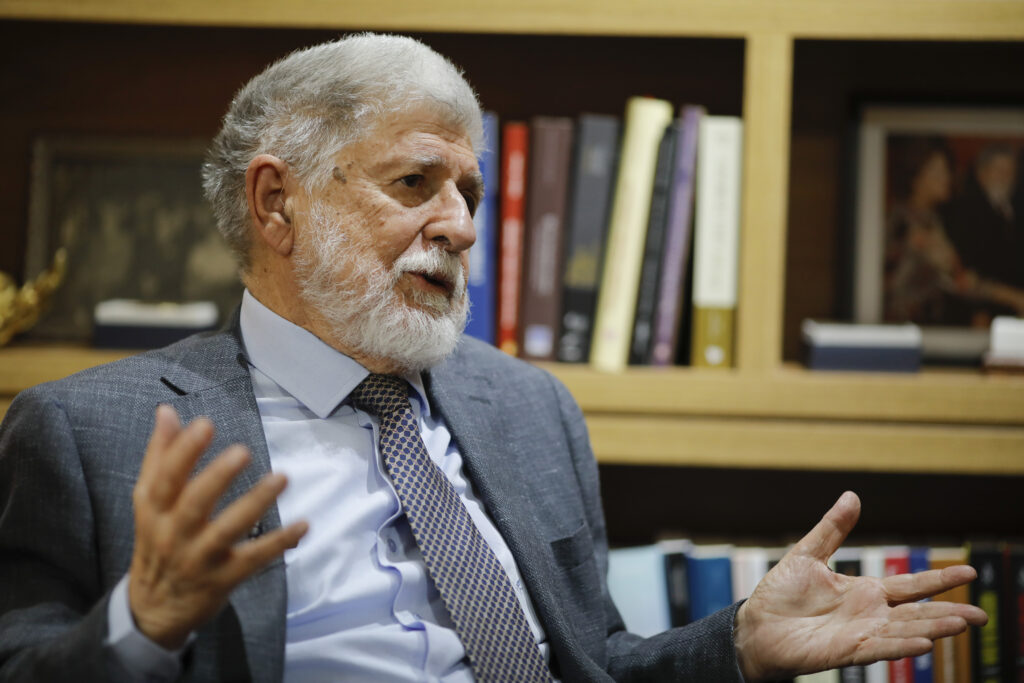‘Deeply disturbed’ – NBA chief Silver grapples with illegal betting scandal
NBA commissioner Adam Silver said Friday he was “deeply disturbed” after Miami Heat guard Terry Rozier and Portland Trail Blazers coach Chauncey Billups were among those arrested in a far-ranging FBI probe into illegal gambling.”My initial reaction was I was deeply disturbed,” Silver said in an interview with Amazon Prime during their coverage of the New York Knicks’ home game against the Boston Celtics on Friday.”There’s nothing more important for the league and its fans than the integrity of the competition.”Heat guard Rozier and former NBA player and assistant Damon Jones were arrested for their alleged roles in a betting scheme that prosecutors say provided inside information on injuries and game absences to bettors between December 2022 and March 2024.Rozier, who has denied wrongdoing, was accused of advising co-conspirators that he would exit early with a supposed injury from a March 2023 game when he was with the Charlotte Hornets, allowing them to make bets on his performance accordingly.Portland Trail Blazers coach Billups, a former Detroit Pistons star and an NBA Hall of Famer, was arrested in connection with rigged illegal poker games tied to Mafia crime families, with Jones also indicted in that investigation.At a press conference in New York on Thursday, FBI director Kash Patel described “a criminal enterprise that envelops both the NBA and La Cosa Nostra.”Both Billups and Rozier were immediately suspended by the NBA, but the league’s fledgling season rolled on with 12 games scheduled for Friday.Silver expressed regret that the allegations had taken attention away from the start of the season.”I apologize to our fans that we are all dealing with, now, this situation,” Silver said.”But in terms of the competition on the floor, it has been spectacular.”Billups and Rozier were both arraigned on charges of conspiracy to commit wire fraud and money laundering on Thursday, Billups in Portland, Oregon, and Rozier in Orlando, Florida.Both have denied the accusations through their attorneys.Prosecutors said the 49-year-old Billups was one of more than 30 people indicted for alleged involvement in a nationwide scheme to rig illegal poker games.Billups’s celebrity helped lure players to high-stakes games that used “high-tech cheating technology” including shuffling machines that could read cards, hidden cameras and barcoded decks.Rozier and Jones allegedly took part in a scheme that featured illegal betting on the performance of players on the Charlotte Hornets, the Portland Trail Blazers, the Los Angeles Lakers and Toronto Raptors.- Aberrational betting -Rozier, 31, was part of the illegal gambling probe that led to the lifetime ban of former Toronto Raptors player Jontay Porter last year.The NBA said in January they found no evidence Rozier violated league rules but were cooperating with an ongoing federal investigation.Silver said the league had been alerted to suspicious betting activity related to Rozier.”We then looked into that situation,” Silver said. “And while there was that aberrational betting, we couldn’t find anything.”Terry at the time cooperated. He gave the league office his phone. He sat down for an interview and we ultimately concluded there was insufficient evidence, despite that aberrational behavior, moving forward.”He noted that federal authorities have broader investigative powers, including the power to subpoena witnesses, and said the league had been cooperating with the ongoing investigations.Billups was not named in the sports betting indictment, but the description of one unnamed co-conspirator involved in alleged illegal betting on a Trail Blazers game includes a playing and coaching career that tallies with his.Since sports gambling was leagalized in most US states in 2018, American professional leagues have eagerly partnered with betting firms to garner a slice of a multi-billion-dollar industry.Therefore, the NBA wasn’t the only league chilled by the news of the indictments, with the NFL sending a memo to all 32 teams reiterating that players are prohibited from betting on NFL games and from any illegal gambling.They are reminded that players also must not throw or fix any NFL game or manipulate any particular plays, and they are barred from sharing confidential, non-public information regarding any NFL game, player or event, with a third party.
